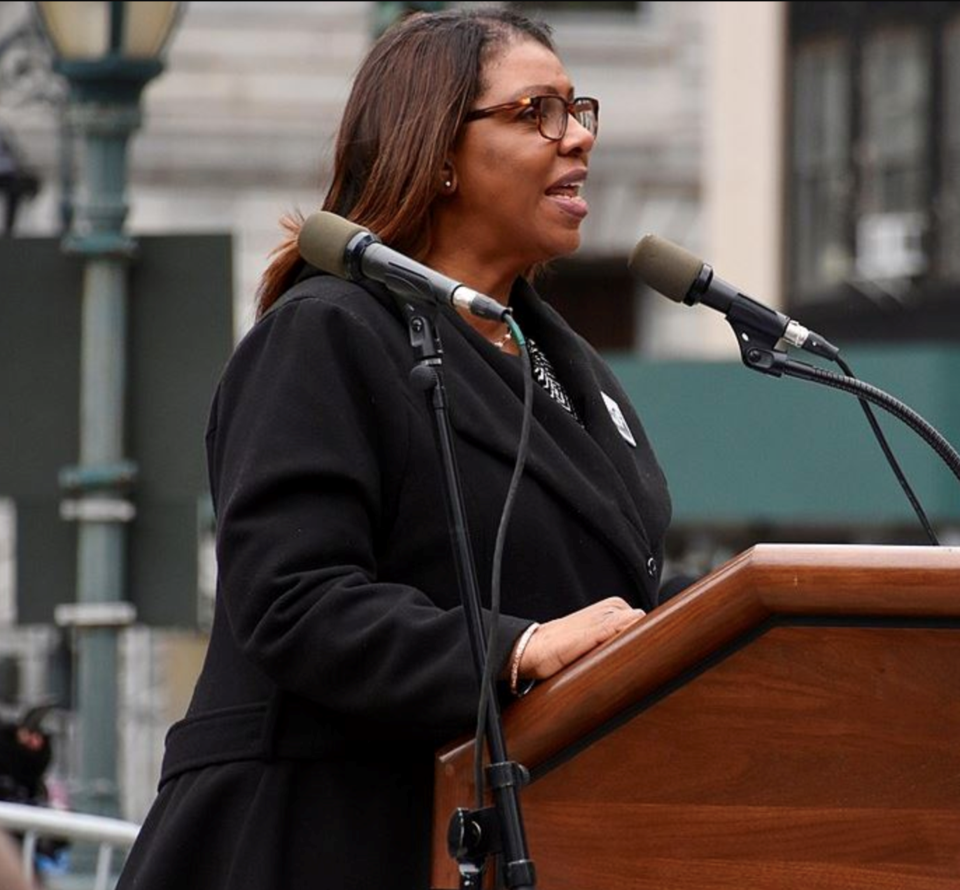New York State Attorney General Leticia James' Office of Special Investigation (OSI) has found that the NYPD officer who shot and killed Malick Williams in July last year acted in self-defense, the office said in a press release.
Accordingly, it said no criminal charges may be pursued against the officer.
The OSI released a report following an investigation into the circumstances that led to the Williams' death during an encounter with NYPD in Brooklyn.
During the incident, the patrolling officers stopped a vehicle that failed to signal a turn and instructed the driver to pull over and the occupants to produce identification.
Williams ran off when the officers instructed the group to exit the car after one failed to produce identification. A chase ensued, ending on Lafayette Avenue, where Williams opened fire on the officer, who then retaliated.
The OSI said its investigation collected evidence from body-worn cameras and civilian cellphone video footage, interviews with officers, witnesses, and evidence from the scene.
The OSI cited New York’s justification law, which empowers persons to use deadly physical force to defend themselves against imminent use of physical force by another person.
It said if the prosecution raised the argument of defense at trial, it must prove, beyond a reasonable doubt, that the officer was unjustified to retaliate.
“In this case, Mr. Williams fired his gun at an officer while on a public sidewalk among other people putting other people, putting multiple civilians in danger. Under these circumstances, based on the law and the evidence, a prosecutor would not be able to disprove beyond a reasonable doubt that the officer who fired was justified, and OSI determined that criminal charges could not be pursued in this matter,” said the OSI.




